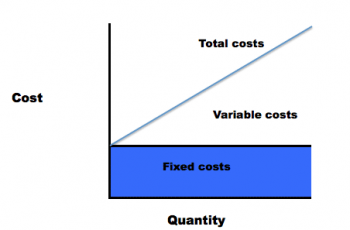Child support is money paid by non-custodial parent to the custodial parent for the purpose of providing financial support to a child or children.
The foundation and goal of child support are to divide the costs associated with raising a child or children between the parents.
Formula to calculate child support.
There are many formulas that can be used to calculate child support and they include:
- The Income Shares Model. It is based on the assumption that children should receive the same financial support from their parents as they would have enjoyed if their parents had remained together.
- The Melson Formula. This formula incorporates additional factors and expenses, many of them designed to take parents’ financial needs into consideration as well.
- The Percentage of Income Model. This formula uses either a flat or adjusted percentage of just the non-custodial parent’s income.
- Parental Income. Here, the parents are required to provide courts with copies of their most recent pay stubs etc.
In our case, we will use the income shares model.
Example:
Suppose it the cost to raise a child in a particular jurisdiction is $1,000 per month, if the mother earns $ 6000, and the father earns $ 4000. Calculate the amount each parent is supposed to pay as child support.
Since the mother earns 60% of the combined incomes therefore, the father earns 40% of the combined incomes.
To calculate the child support for each amount we multiply the cost to raise the child by the percentage of each parent.
= 60% x 1,000
= 600
= 40% x 1,000
= 400
Therefore, the mother will contribute $ 600 and the father $ 400.

